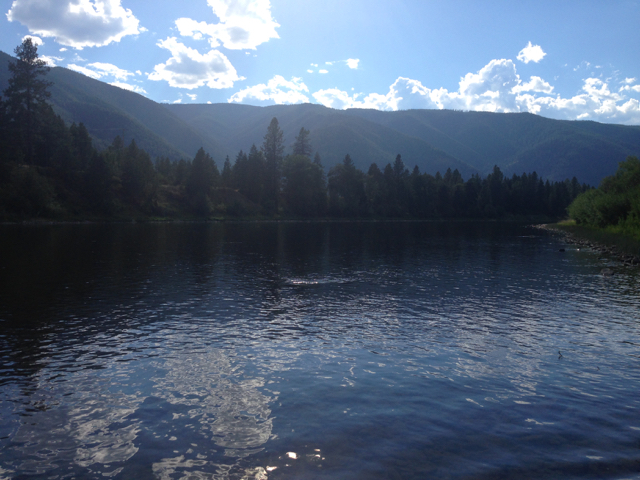Finding Silence

Sometimes silence can communicate far more than words can imagine. In St John’s Revelation, the last book in the biblical canon, the apostle is granted a glimpse into the unfolding of the final resolution of all things. Justice is to be achieved, righteousness is to cover the earth, and heaven is to work backwards to undo the pernicious effects of evil. For that to happen, a scroll sealed shut with seven seals has been given to the Lamb, who tears the seals open so that the severe mercy of God’s redemption can cleanse and heal and restore and renew. “When the Lamb ripped off the seventh seal,” St John says, “Heaven fell quiet—complete silence for about half an hour.” (8:1)
“We are not a people given to silence,” Stephen Faulkner notes.
We don’t have the patience, though silence surrounds us infinite as space, both through time and distance, reaching out between the burning stars and their volcanic planets and passing beyond icy moons and into the impossible reaches of the cosmos. Pascal said, “The eternal silences of these infinite spaces frighten me” (Pensées). And well they might. However we understand the vast silence, it is clear that we will soon pass into it. (p. 31)
We meet mystery in silence, but prefer a noisy existence where mastery not mystery is our quest.
[W]e have banished the quiet of Sundays.
Through the morning: television political talk shows. Through the afternoon: football, baseball, tennis, golf. Through the evening: Sixty Minutes. Nature. Movies. News. Sports analysis without end.
Even our churches are filled with planned talks and discussion groups and teaching sessions and sermons and small talk and lessons and computerized media presentations backed by piano arpeggios and organs multitasking prestissimo, and strumming guitars and rock bands wailing and recorded pop thump-thumping. And some of this might be necessary to liturgy and community, but who anymore walks into a quiet cathedral to wait and listen and pray? (p. 33)
Questions
1. What comes to mind when you think of silence? What does this suggest about you?2. The ancient Hebrew prophet, Zechariah seems to have had a vision that prefigured the one by St John: “Be silent, all flesh, before the Lord,” he told the people of God, “for he has roused himself from his holy dwelling” (2:13). Why might silence be the proper response to the presence of the Almighty? Have you ever entered into this silence?
3. In contrast, the Hebrew poet fears the silence of God: “O God, do not keep silence; do not hold your peace or be still, O God! (Psalms 83:1). What does the silence of the Almighty suggest? Have you ever suffered the silence of God?
4. What does it suggest of a culture if it does not provide room to enter “a quiet cathedral to wait and listen and pray?” In what ways will such a society be subtly misshapen? What dangers does this society hold for the person who wishes to flourish as a human being before the face of God?
5. What role does silence play in your life? Are you content with this? What plans might you want to make?
6. In his article, Dr. Faulkner quotes Max Picard: “Silence is today no longer an autonomous world of its own… It is a mere interruption of the continuity of noise, like a technical hitch in the noise-machine… the momentary breakdown of noise” (p. 32). Discuss. Why do you think this is the case? Is it possible that the gospel requires God’s people to reverse this social reality?
7. What image, or vista, or color, or visual setting comes to mind when you think of silence? Why is this so? What does it suggest to you about yourself?
8. For further reflection, watch and discuss the documentary film, Into Great Silence (2005, Philip Gröning).

